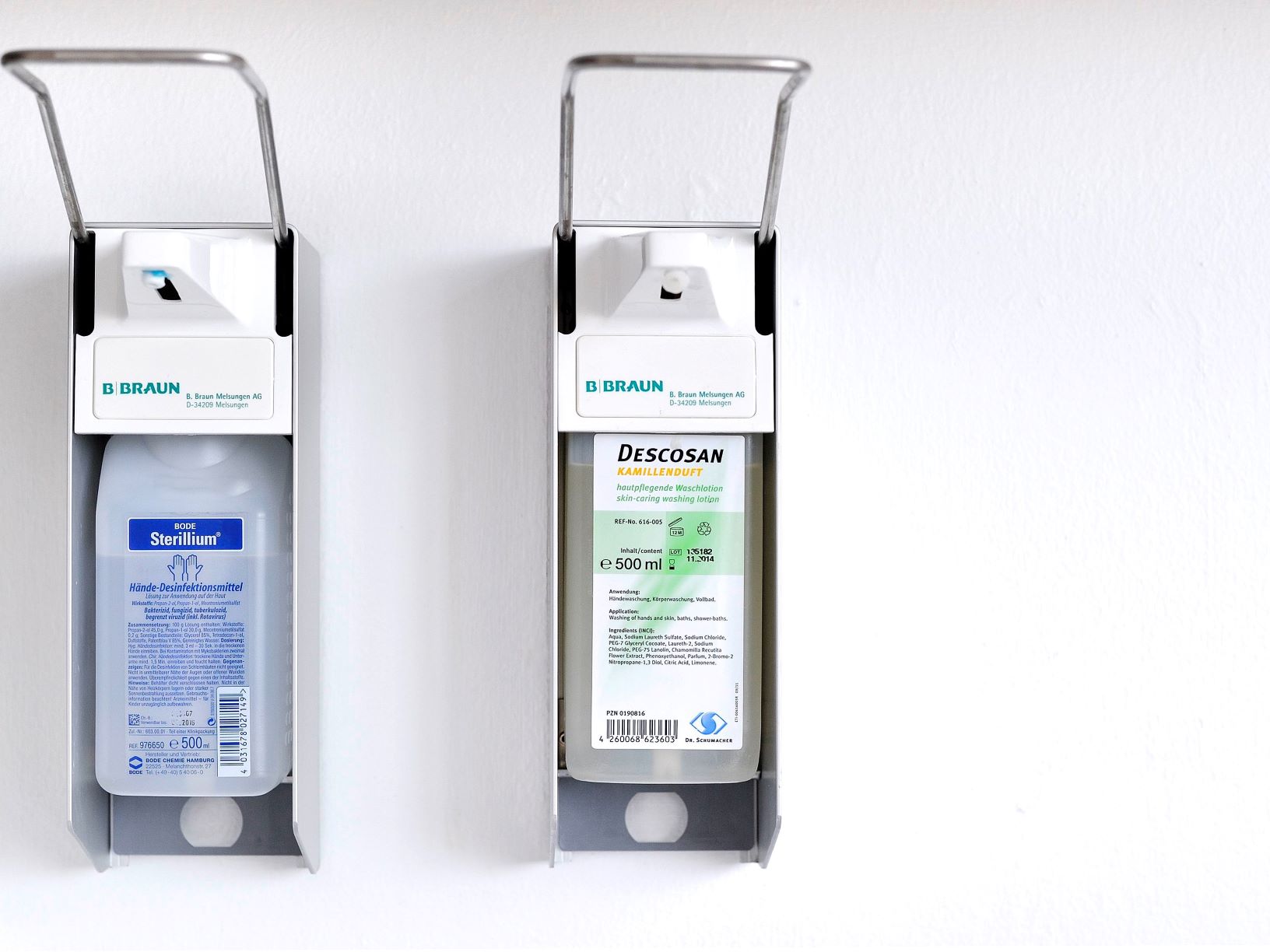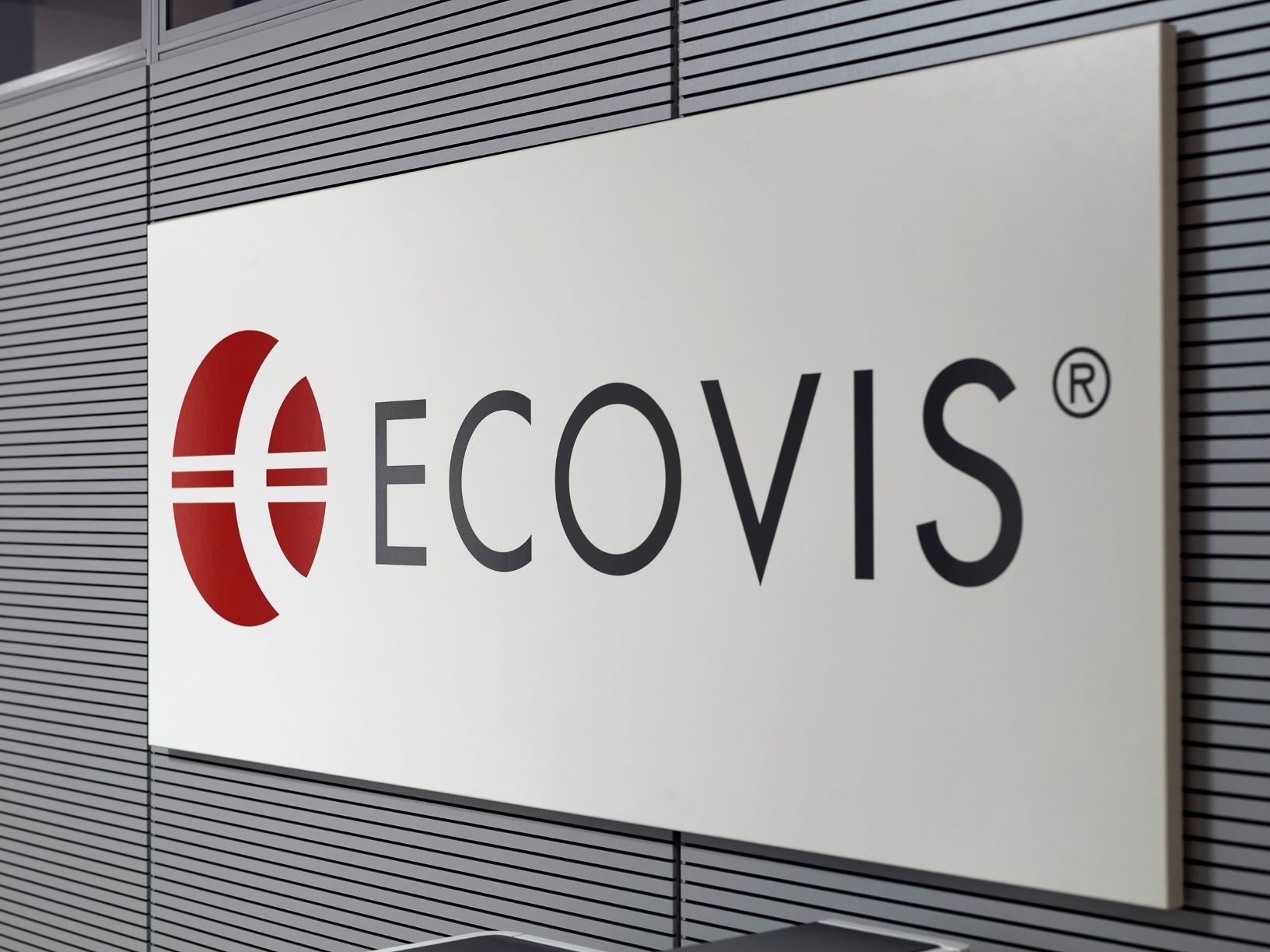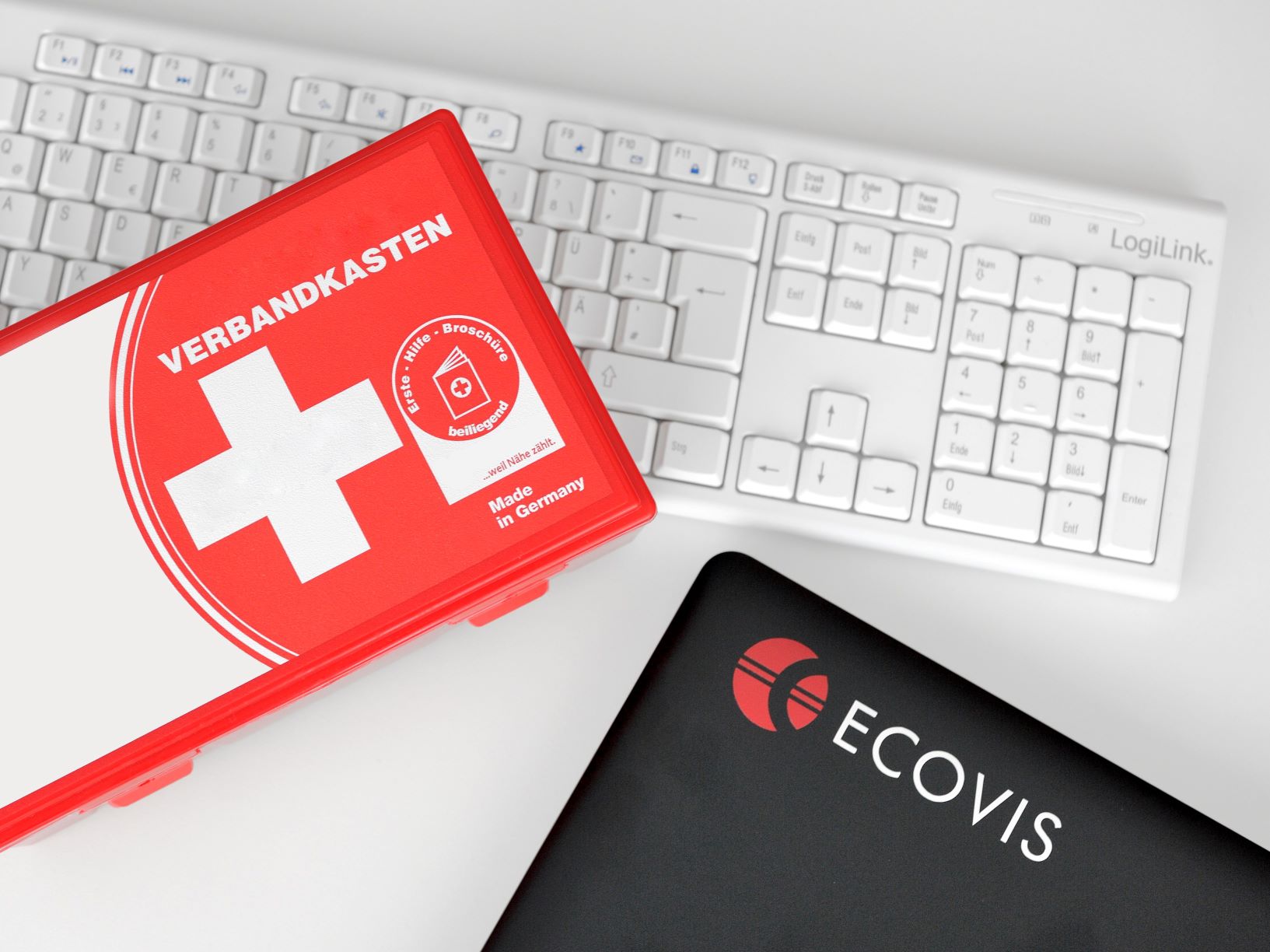The Czech Government introduced steps to support entrepreneurs and companies affected by COVID-19
Planned steps to support entrepreneurs and companies affected by coronavirus COVID-19 in Czech Republic
The current situation is very difficult for entrepreneurs and small businesses. Relying on state compensation under the Czech Crisis Management Act is quite tricky and, in addition to the uncertainty of compensation, rapid assistance and possible settlement of claims for damages in days, weeks, or perhaps months can not be expected (see Article Damage claims and compensation for Emergency Measures in Czech Republic).
On March 24, 2020, the Government of the Czech Republic approved further anti-crisis measures to support employers, farmers and self-employed persons. In a state of legislative emergency, it has prepared and approved several extraordinary legislative proposals, which it will submit for accelerated proceedings of the Parliament of the Czech Republic. More information can be found at website of the Czech Ministry of Industry and Trade.
Government proposals approved at the meeting of Czech Chamber of Deputies on March 24, 2020
Proposals, which primarily help the self-employed persons, were approved at the meeting of the Czech Chamber of Deputies on March 24, 2020.
Approved agenda and state of approval of the bills on the 42nd meeting of Czech Chamber of Deputies. These include, but are not limited to:
• Act on Certain Social Security Adjustments in Connection with Emergency Measures in the 2020 Epidemic was approved with minor amendments. Full version of the Bill on Certain Social Security Adjustments in Connection with Emergency Measures in the 2020 Epidemic incl. amendments for download here. Newly, an employee who cannot work due to care for a person under the age of 13 should also be entitled to the nursing allowance. The nursing support period is extended by the length of time of the closure of school institutions due to an extraordinary measure during an epidemic and applies retrospectively. Within the support period, it will be possible to make change of the persons, who will take care of the child, more than once, however it will not be possible to take turns in one calendar day.
• Act on Certain Adjustments to Social Security and State Employment and Pension Policy Contributions in Respect of Emergency Measures in the 2020 Epidemic was approved without any amendments. Bill on Certain Adjustments to Social Security and State Employment and Pension Policy Contributions in Respect of Emergency Measures in the 2020 Epidemic (for download here) provides, inter alia, for the waiver of the minimum compulsory pension payment for self-employed persons for half a year for the calendar months from March to August 2020. The premium for pension insurance and the contribution to the state employment policy determined from the basis of assessment for the year 2020 shall be reduced for each calendar month in which for at least part of the month the self-employed activity was pursued in the period referred to in in the case of self-employed persons performing main self-employment, b) CZK 1 018, in the case of self-employed persons performing secondary self-employment;
• Amendment to the Act on Public Health Insurance Premiums was approved without any amendments. Bill on Amendment to the Act on Public Health Insurance Premiums for download here. The amendment contains the legislation waiver of compulsory health insurance payments for self-employed persons and other reliefs, in the new Section 28c, which details the following:
(1) The deadline for submitting the summary pursuant to Section 24 (2) set by the self-employed persons in Section 24 (2) shall not apply to the submission of this summary for the year 2019. According to Section 24 (2) for the year 2019, the self-employed person is obliged to submit all health insurance companies with which he / she was insured in this period by 3 August 2020 at the latest.
(2) Article 18 (1) shall not apply to penalties which are ancillary to premiums or premium payments for the period from the beginning of March 2020 to the end of August 2020 until 21 September 2020. Penalties for premiums or for an advance on premiums referred to in the first sentence which have not been paid in the period referred to in the first sentence shall arise from 22 September 2020 at the earliest.
(3) The advance on insurance premiums up to the amount of premium calculated from one twelfth of the minimum assessment base pursuant to Section 3a for the period from the beginning of March 2020 to the end of August 2020 does not pay the self-employed person.
(4) A self-employed person whose premium advance in the period referred to in paragraph 3 is higher than the premium calculated from one twelfth of the minimum assessment base pursuant to Section 3a shall be obliged to pay only the difference between the premium advance and the calculated premium the minimum assessment base pursuant to Section 3a.
(5) Premiums which a self-employed person would be obliged to pay in the form of advances pursuant to paragraph 4 for the period from the beginning of March 2020 to the end of August 2020 may be paid only in the form of a supplementary premium no later than 8 days after where appropriate, an overview pursuant to Section 24 (2) for 2020 should be provided. If the self-employed person proceeds under the first sentence, the provision of Section 7 (2) shall not apply to premiums paid in the period referred to in the first sentence in 2020.
(6) The advance on insurance premiums paid by a self-employed person for the period from March 2020 to August 2020 shall be deemed to have been paid up to the amount of the premium calculated from one twelfth of the minimum assessment base pursuant to Section 3a (2).
(7) Where a self-employed person has paid an advance on insurance premiums for the month of March 2020, that advance shall be deemed to be an advance for the month of September 2020.“
• Act on certain adjustments in the area of sales records (EET) in connection with the declaration of state of emergency was approved without any amendments. Bill on certain adjustments in the area of sales records (EET) in connection with the declaration of state of emergency incl. explanatory report for download here. The bill includes postponing the launching of the final phase of electronic sales records (EET) until three months have elapsed since the end of the emergency and an exemption from the obligation to record sales according to EETexcept for the obligation to handle authentication data due to their abuse.
Other approved state support for entrepreneurs and companies in Czech Republic
The following measures were partially only announced but not yet officially approved:
• The so-called Czech COVID-19 Kurzarbeit shall provide financial compensation for employers who have been prevented from assigning work to employees because of quarantine or childcare for a significant proportion of employees who prove that they cannot produce because of the limited availability of the necessary inputs or that the reason for the business interruption is lack of demand for products or services. There are already 5 types of the intended programmes of the Czech COVID-19 Kurzarbeit in preparation.
• The support for the Czech farmers affected by the coronavirus epidemic shall allow for example to postpone repayments of commercial loans provided by the Czech Support and Guarantee Farm and Forestry Fund or to provide guaranteed support for operational financing.
• Loan Program COVID II. In this case, the current allocation is CZK 5 billion. COVID II responds even more to the continuously announced needs of entrepreneurs. In this case, interest-free loans with an annual deferral start at CZK 10,000 and end at CZK 15 million. These are loans from commercial banks for which the state guarantees through the Czech-Moravian Guarantee and Development Bank (ČMRZB). Czech entrepreneurs will thus have up to 30 billion crowns at their disposal.
• financial contribution for a self-employed person in the amount of CZK 424 per day in quarantine / family member care. This is similar to the childcare payments to employee. It will be paid on the basis of an affidavit filed through the municipal trade licensing office will be the Czech Ministry of Industry and Trade.
• Cancelation of the fees for messages sent through Czech data boxes. It is valid from March 24, 2020 until further notice, it is about support of long-term forms of contacts with authorities and institutions.
For more information, contact us at:
JUDr. Mojmír Ježek, Ph.D.
ECOVIS ježek, advokátní kancelář s.r.o.
Betlémské nám. 6
110 00 Praha 1
e-mail: mojmir.jezek@ecovislegal.cz
www.ecovislegal.cz
About ECOVIS ježek advokátní kancelář s.r.o.
The Czech law office in Prague ECOVIS ježek practices mainly in the area of Czech commercial law, Czech real estate law, representation at Czech courts, administrative bodies and arbitration courts, as well as Czech finance and banking law, and provides full-fledged advice in all areas, making it a suitable alternative for clients of international law offices. The international dimension of the Czech legal services provided is ensured through past experience and through co-operation with leading legal offices in most European countries, the US, and other jurisdictions. The Czech lawyers of the ECOVIS ježek team have many years of experience from leading international law offices and tax companies, in providing legal advice to multinational corporations, large Czech companies, but also to medium-sized companies and individual clients. For more information, go to www.ecovislegal.cz/en.
The information contained on this website is a legal advertisement. Do not consider anything on this website as legal advice and nothing on this website is an advocate-client relationship. Before discussing anything about what you read on these pages, arrange a legal consultation with us. Past results are not a guarantee of future results, and previous results do not indicate or predict future results. Each case is different and must be judged according to its own circumstances.














